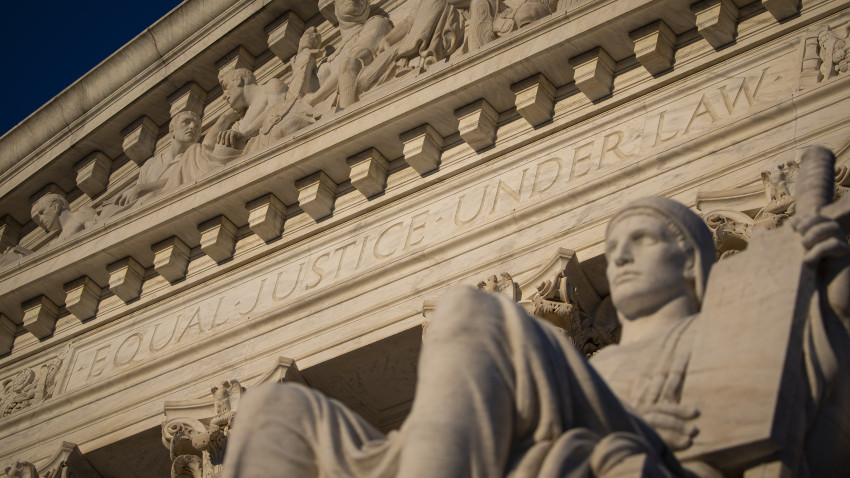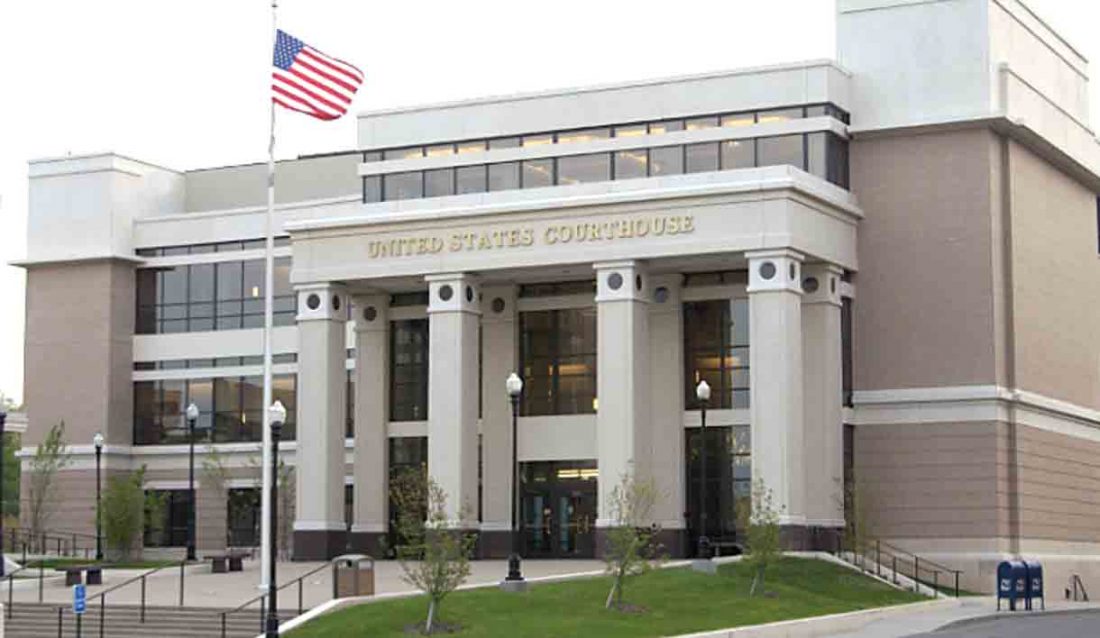Judge rules in Camera’s favor that CU system violated open records law
University of Colorado’s Board of Regents violated the Colorado Open Records Act when they refused to release a list of candidates for system president to the Daily Camera, according to a ruling issued today by Denver District Court Judge A. Bruce Jones.
“The Board of Regents has failed to show cause that it properly denied the Daily Camera’s CORA requests for the names and application materials of the finalists for the University of Colorado President position,” Jones wrote.
The ruling comes nearly a year after the Board of Regents’ controversial presidential search process and hiring of President Mark Kennedy and nine months after the university system denied a records request from the Camera for the names and applications materials of the final six candidates interviewed for the job.
The Camera filed a lawsuit against the CU system in September to compel the release of the records, and attorneys for CU and the Camera argued the case in February.
Jones’ ruling finds that the CU system incorrectly interpreted Colorado’s open records laws and orders the system to produce the names and application materials of the six finalists to the Camera within 21 days.
Prairie Mountain Media Publisher and CEO Al Manzi lauded the ruling.
“We feel strongly that the role of the media is to hold public institutions like the University of Colorado accountable to uphold its clear responsibility under the law,” he said. “The judge clearly supported our position.”
Colorado Freedom of Information Coalition Executive Director Jeff Roberts said Jones’ decision is “great news and an important ruling for the public’s right to know in Colorado.”
“When a public institution like CU chooses its top leadership, the community should be told who is being seriously considered for the job so it can compare the finalists and ask questions about their qualifications and backgrounds,” Roberts wrote in an email.
“The judge read the law the way we’ve always read it, that it requires multiple finalists, not one finalist, to be named and their applications made public. We hope this ruling has an impact on other public universities and school districts that have named just one finalist when choosing their presidents and superintendents,” Roberts continued.
Camera Senior Editor Julie Vossler-Henderson said the ruling is also a win for the public.
“Judge Jones in his ruling upheld the public’s right to scrutinize the regents’ actions, as they are elected officials,” Vossler-Henderson said. “We feel vindicated that the court ruled in our favor.”
System leaders are “digesting the ruling and we’re considering our options,” Spokesman Ken McConnellogue said. McConnellogue said he could not rule out CU appealing the ruling and declined to comment further.
The crux of the lawsuit is whether the Board of Regents is required by Colorado law to make public a list of finalists for CU system president or if they can select and make public a sole finalist.
Finalists for chief executive positions — such as city managers, school district superintendents and university presidents — are public record under the Colorado Open Records Act.
“Under the undisputed facts, and based on the statutory language, the Court concludes that six individuals were ‘finalists’ for the position,” Jones wrote. “In doing so, the Court rejects the argument of the Board of Regents that Mr. Kennedy, and Mr. Kennedy alone, was the sole finalist under CORA.”
Jones’ ruling found that the Board of Regents’ interpretation of state law “conflicts with the plain and ordinary meaning of several words and phrases in CORA.”
“Frankly, it is difficult for this Court to avoid concluding that the Board’s interpretation is designed to justify a predetermined outcome, rather than to align with the statutes,” Jones wrote.
By using terms like “finalists, member, group, list and one of,” lawmakers made it clear what they intended to be required under the law, Jones ruled.
“Common sense, not linguistic gymnastics, must be employed in interpreting statutes,” Jones wrote. “Moreover, statutes are to be interpreted to avoid absurd or illogical results.”
Legislative history also supports the ruling, Jones wrote, and the Board of Regents’ reliance on failed legislation is not relevant.
“It has been said that citing legislative history is akin to looking over a crowd and picking out your friends,” Jones wrote. “If so, trying to discern intent from failed legislation is like looking at the crowd and not being able to tell friend from foe — proposed legislation may fail for many different reasons.”



